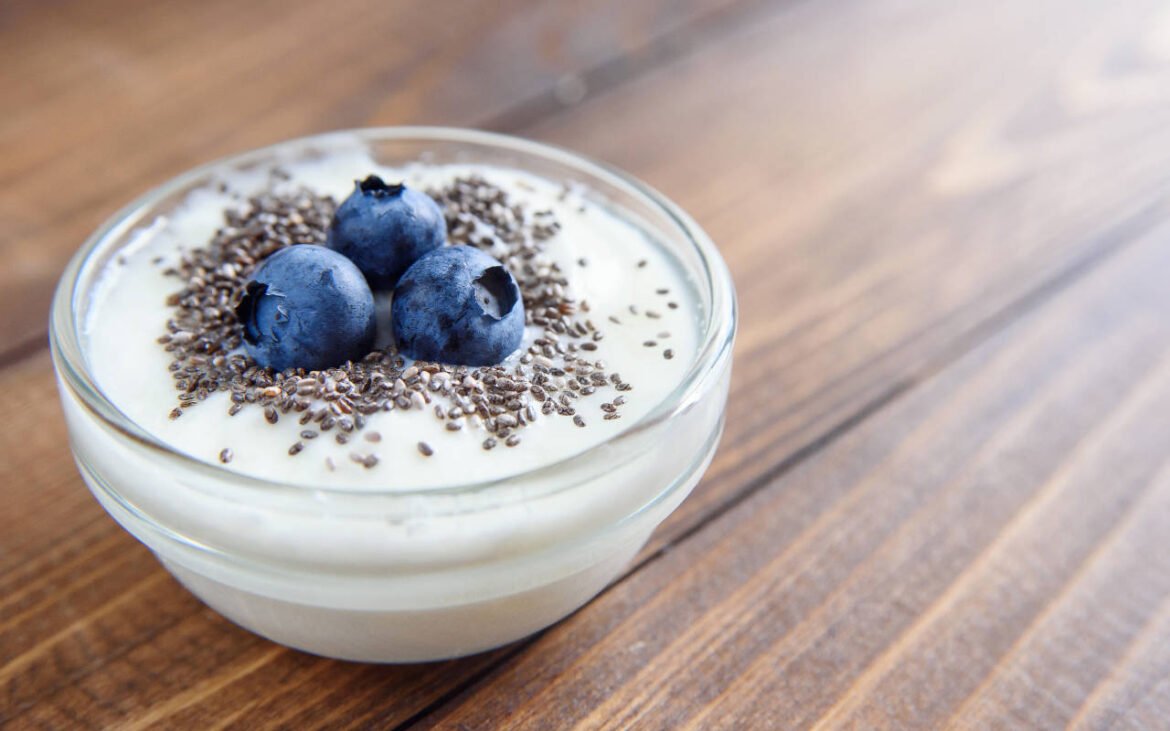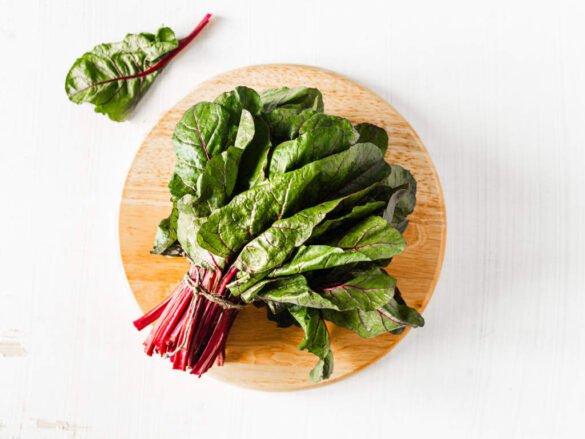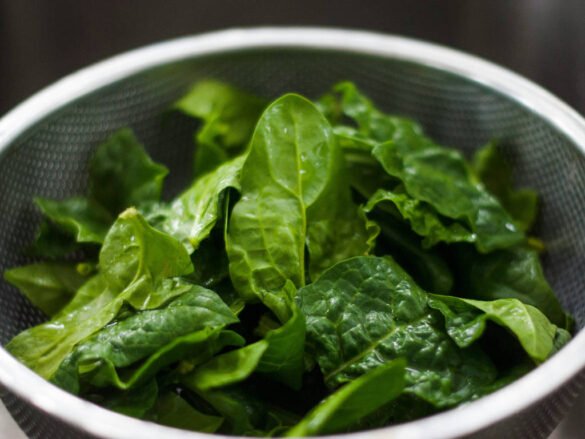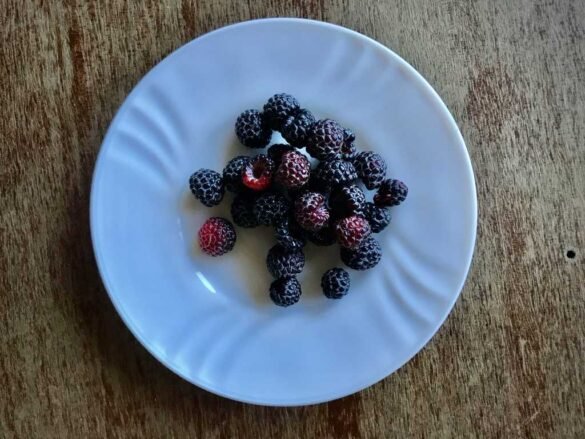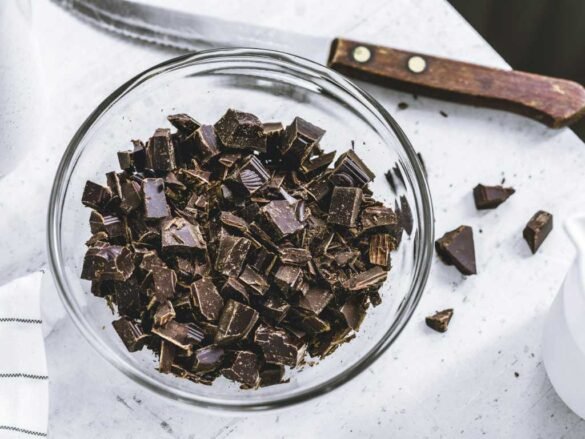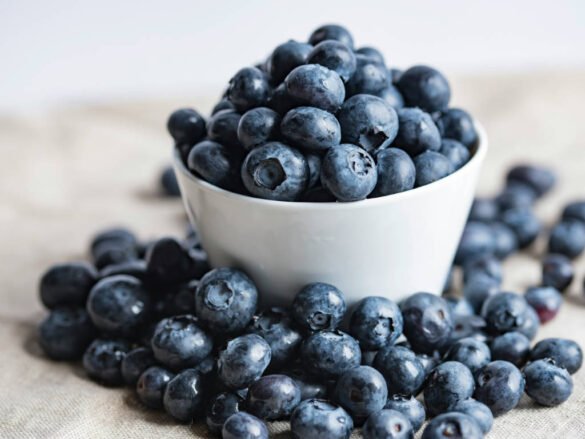Have you ever wondered why some people seem to effortlessly maintain their energy levels throughout the day while others crash by 3 PM? The secret often lies in their daily nutrition choices, specifically their inclusion of daily nutrition superfoods in their regular eating routine. These nutritional powerhouses aren’t just trendy foods – they’re scientifically-backed ingredients that can transform how you feel, look, and perform every single day.
Let’s be honest here – most of us know we should eat better, but with busy schedules and endless food options, it’s tough to know where to start. That’s where superfoods come in. They’re like the VIP section of the nutrition world, offering maximum bang for your nutritional buck.
What Exactly Are Daily Nutrition Superfoods?
Before we dive into our top picks, let’s clear up what we mean by “superfoods.” Unlike what Instagram might tell you, there’s no official superfood certification hanging on the wall of your local grocery store. Superfoods are simply foods that pack an exceptional nutritional punch – they’re loaded with vitamins, minerals, antioxidants, and other beneficial compounds that your body craves.
According to Harvard Health, these foods typically contain high levels of nutrients relative to their calorie content. Think of them as nature’s multivitamins, but way tastier and more satisfying than popping pills.
The beauty of daily nutrition superfoods is that they’re not exotic ingredients you need to hunt down in specialty stores. Many are probably sitting in your kitchen right now, just waiting for their moment to shine in your meal planning routine.
Why Your Body Craves a Balanced Diet
Here’s something that might surprise you – your body doesn’t actually care about food trends or what’s considered “superfood of the month.” What it does care about is getting a steady supply of essential nutrients to keep all systems running smoothly.
A balanced diet is like a well-orchestrated symphony where every nutrient plays its part. Carbs give you energy, proteins build and repair tissues, fats support hormone production, and vitamins and minerals act as the conductors keeping everything in harmony. When you incorporate antioxidant-rich foods into this mix, you’re adding extra protection against cellular damage and inflammation.
The Cleveland Clinic emphasizes that superfoods work best as part of an overall healthy eating pattern, not as magic bullets. They’re the supporting cast that helps your leading players (fruits, vegetables, whole grains, lean proteins) shine even brighter.
The Top 10 Daily Nutrition Superfoods You Need to Know
Alright, let’s get to the good stuff. Here are ten superfoods that deserve a permanent spot in your meal planning rotation:
Berries: Nature’s Little Antioxidant Bombs
Blueberries, strawberries, raspberries – these little gems are probably the poster children of the superfood world, and for good reason. They’re absolutely loaded with anthocyanins, the compounds that give them their vibrant colors and provide powerful antioxidant benefits.
Studies show that regular berry consumption can improve memory, support heart health, and even help regulate blood sugar levels. Plus, they’re versatile enough to work in everything from your morning smoothie to an evening dessert.
Pro tip: Buy frozen berries in bulk – they’re just as nutritious as fresh ones and won’t guilt-trip you from the back of your fridge when they start going bad.
Leafy Greens: The Ultimate Nutritional Multitaskers
Spinach, kale, arugula, Swiss chard – if there’s one food group that deserves the “superfood” title, it’s leafy greens. They’re packed with folate, vitamin K, iron, and nitrates that support everything from bone health to cognitive function.
The best part? You can sneak them into almost anything. Throw them in smoothies (you won’t even taste them), saute them as a side dish, or use them as the base for hearty salads. Check out more ways to incorporate greens in our guide to balanced nutrition.
Nuts and Seeds: Tiny Packages, Huge Benefits
Almonds, walnuts, chia seeds, flaxseeds – these small but mighty foods are nutritional goldmines. They’re rich in healthy fats, protein, fiber, and various vitamins and minerals that support heart and brain health.
Walnuts, in particular, are fantastic sources of omega-3 fatty acids, which are crucial for reducing inflammation and supporting cognitive function. A handful of mixed nuts makes for a perfect afternoon snack that’ll keep you satisfied until dinner.
Fatty Fish: Brain Food That Actually Works
Salmon, mackerel, sardines, anchovies – okay, I know anchovies might make you wrinkle your nose, but hear me out. These fatty fish are swimming with omega-3 fatty acids, particularly EPA and DHA, which are absolute superstars for brain and heart health.
The Medical News Today research shows that regular consumption of fatty fish can reduce the risk of heart disease, improve cognitive function, and even help with depression. If you’re not a fish fan, try starting with milder options like salmon or incorporating them into dishes where they’re not the main event.
Avocados: The Creamy Green Goodness
Love them or hate them (though honestly, who hates avocados?), these green fruits are nutritional powerhouses. They’re loaded with monounsaturated fats, fiber, potassium, and vitamins K, C, and E.
Beyond their health benefits, avocados are incredibly versatile. Spread them on toast, blend them into smoothies for creaminess, or use them to make a healthier chocolate mousse – yes, that’s actually a thing and it’s delicious.
Sweet Potatoes: The Complex Carb Champion
Sweet potatoes are like the friendly cousin of regular potatoes – they’re sweeter, more colorful, and pack way more nutrition. They’re loaded with beta-carotene (which your body converts to vitamin A), fiber, and potassium.
What I love about sweet potatoes is how satisfying they are. Bake one up, top it with some nuts and a drizzle of tahini, and you’ve got a meal that’ll keep you full for hours. They’re also fantastic in our metabolism-boosting meal plans.
Greek Yogurt and Kefir: Gut Health Heroes
Greek yogurt and kefir are fermented dairy products that bring probiotics to the party. These beneficial bacteria support digestive health, immune function, and may even influence mood and weight management.
Look for varieties with live active cultures and minimal added sugar. Pro tip: buy plain versions and add your own berries and honey – you’ll save money and control the sweetness level.
Quinoa: The Complete Protein Wonder
Quinoa is technically a seed, but it acts like a grain and packs all nine essential amino acids. This makes it a complete protein, which is pretty rare in the plant world.
It’s also naturally gluten-free and cooks up fluffy and nutty. Use it as a base for grain bowls, mix it into salads for extra protein, or even use it in breakfast porridge.
Dark Chocolate: Yes, Really!
Dark chocolate (70% cacao or higher) isn’t just a treat – it’s actually a superfood in disguise. It contains flavonoids that can improve heart health, cognitive function, and even mood. The key is moderation and choosing quality over quantity.
A small square after dinner can satisfy your sweet tooth while providing genuine health benefits. Just don’t use this as an excuse to demolish an entire bar – we’re talking about 1-2 squares here, people.
Eggs: The Perfect Protein Package
Eggs have gotten a bad rap over the years, but they’re actually nutritional superstars. They contain all nine essential amino acids, choline for brain health, lutein and zeaxanthin for eye health, and high-quality protein that keeps you satisfied.
Whether scrambled, boiled, or turned into an omelet loaded with veggies, eggs are incredibly versatile and affordable. They’re also featured prominently in many of our weight loss meal plans.
How These Superfoods Transform Your Health
Now that we’ve covered the “what,” let’s talk about the “why.” Incorporating these daily nutrition superfoods into your routine isn’t just about following the latest health trend – it’s about giving your body the tools it needs to thrive.
Antioxidant Protection That Actually Works
Antioxidant-rich foods like berries, dark chocolate, and leafy greens help neutralize free radicals in your body. Think of free radicals as tiny troublemakers that can damage cells and contribute to aging and disease. Antioxidants are like your body’s security team, keeping these troublemakers in check.
Energy That Lasts All Day
Unlike the quick spike and crash you get from processed foods, superfoods provide steady, sustained energy. The combination of complex carbs, healthy fats, and protein helps maintain stable blood sugar levels, which translates to consistent energy throughout the day.
Better Digestion and Gut Health
Many superfoods are rich in fiber and, in the case of fermented foods, beneficial bacteria. This combination supports a healthy gut microbiome, which is linked to everything from immune function to mood regulation. For more on this topic, check out our comprehensive guide to gut health.
Smart Meal Planning with Daily Nutrition Superfoods
Here’s where the rubber meets the road – meal planning with superfoods doesn’t have to be complicated or time-consuming. The key is to think about adding rather than restricting.
Start Your Day Right
Breakfast is the perfect time to pack in superfoods. Try a smoothie with spinach, berries, Greek yogurt, and a tablespoon of chia seeds. You’ll get antioxidants, probiotics, omega-3s, and protein all in one glass.
Or go for overnight oats topped with nuts and berries – prepare several jars on Sunday, and you’ve got breakfast sorted for the week.
Power Up Your Lunch
Lunch is where salads shine, but let’s make them interesting. Start with a base of leafy greens, add some quinoa for protein, throw in some avocado and nuts for healthy fats, and top with grilled salmon or hard-boiled eggs.
Don’t forget about soups – they’re fantastic vehicles for superfoods. A sweet potato and lentil soup or a kale and white bean soup can be incredibly satisfying and nutritious.
Dinner That Delivers
Dinner doesn’t have to be complicated. Baked salmon with roasted sweet potatoes and sautéed spinach hits multiple superfood categories. Or try a stir-fry with quinoa, mixed vegetables, and a handful of nuts for crunch.
For more dinner inspiration, our Mediterranean diet guide offers plenty of superfood-rich meal ideas.
Smart Snacking Strategies
Snacks are opportunities to sneak in extra nutrition. Keep it simple with apple slices and almond butter, a small portion of mixed nuts, or Greek yogurt with berries. These combinations provide protein, healthy fats, and fiber to keep you satisfied between meals.
What Are the Most Nutrient-Dense Foods I Should Eat Daily?
The most nutrient-dense foods for daily consumption include leafy greens like spinach and kale, berries, fatty fish like salmon, nuts and seeds, eggs, and legumes. These foods provide the highest amount of essential nutrients per calorie, making them excellent choices for optimal health.
Focus on variety – rotating different foods ensures you get a wide spectrum of vitamins, minerals, and beneficial compounds. Aim to include at least 2-3 different superfoods in each meal when possible.
How Do I Know If I’m Getting Enough Antioxidants?
Antioxidant-rich foods should make up a significant portion of your daily intake. A good rule of thumb is to eat a rainbow of colors – different colored fruits and vegetables contain different types of antioxidants.
Signs you might need more antioxidants include frequent illness, slow wound healing, or feeling run down despite adequate sleep. However, the best approach is preventive – regularly including berries, dark leafy greens, nuts, and dark chocolate in your diet.
Can Superfoods Really Replace Supplements?
While daily nutrition superfoods are incredibly beneficial, they work best as part of a comprehensive approach to health. They can provide many of the nutrients found in supplements, often in more bioavailable forms, but individual needs vary.
For specific deficiencies or health conditions, supplements might still be necessary. Our guide to natural supplements can help you understand when supplementation might be beneficial alongside a superfood-rich diet.
How Much Does It Cost to Eat Superfoods Daily?
Eating daily nutrition superfoods doesn’t have to break the bank. Many superfoods like eggs, canned salmon, frozen berries, and seasonal vegetables are quite affordable. The key is smart shopping – buy frozen when fresh is expensive, purchase in bulk when possible, and focus on seasonal produce.
Budget-friendly superfood staples include oats, bananas, eggs, canned fish, frozen berries, and dried legumes. These provide excellent nutrition at a fraction of the cost of processed convenience foods.
What’s the Best Time of Day to Eat Different Superfoods?

Timing can optimize the health benefits of different superfoods. Berries and nuts make excellent morning foods for sustained energy. Leafy greens work well at lunch when your digestive system is most active. Fatty fish is great for dinner as omega-3s can support better sleep quality.
However, the most important thing is consistently including these foods in your diet, regardless of timing. Don’t stress too much about when – focus on the habit of regular inclusion.
Frequently Asked Questions
Q: Do I need to eat all these superfoods every day?
A: Not necessarily! The goal is variety over perfection. Aim to include 3-4 different superfoods daily and rotate others throughout the week. This approach ensures you get a wide range of nutrients without feeling overwhelmed.
Q: Are frozen superfoods as good as fresh?
A: Absolutely! Frozen berries, vegetables, and fish are often flash-frozen at peak ripeness, preserving their nutritional content. They’re convenient, cost-effective, and last longer than fresh options.
Q: Can I get too many antioxidants?
A: It’s virtually impossible to consume too many antioxidants from whole foods. Your body regulates absorption naturally. However, mega-doses from supplements can sometimes interfere with certain medications, so stick to food sources when possible.
Q: What if I don’t like some of these superfoods?
A: No worries! There are plenty of options, and taste preferences can change over time. Start with superfoods you enjoy and gradually experiment with others. Sometimes it’s all about preparation – raw kale might not appeal to you, but massaged kale salad or kale chips might win you over.
Q: How long before I notice benefits from eating superfoods?
A: Some benefits, like increased energy and better digestion, can be noticed within a few days to weeks. Others, like improved markers of heart health or cognitive function, may take several months of consistent consumption to become apparent.
The journey toward better health through daily nutrition superfoods isn’t about perfection – it’s about progress. Start where you are, use what you have, and do what you can. Your future self will thank you for every small step you take toward nourishing your body with these nutritional powerhouses.
Remember, the best superfood is the one you’ll actually eat consistently. So experiment, find what works for your taste buds and lifestyle, and enjoy the process of discovering how amazing you can feel when you fuel your body right. For more inspiration on creating lasting healthy habits, explore our essential lifetime health habits guide.


